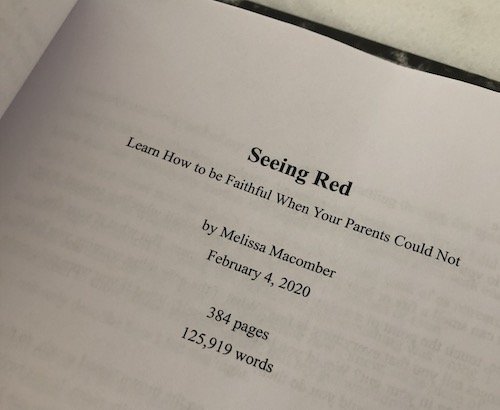Why Write a Memoir?
Part One
The people who know I am writing a memoir (which, honestly, is not that many) have all, rightly, asked me why.
Truthfully, I tried not to write this book for many years.
I started blogging when we moved to Costa Rica in 2010, as a way to process my experience of living abroad and to share stories about it with friends. Because I am who I am, my posts often threaded many parts of my life together. Like why a celebration of the United Nations makes parents cry, or how traveling between countries reminded me of my meditation practice. My writing partner at the time thought I should call my blog The Philosophical Traveler.
The more I wrote, the more I realized how much of my lived experience was off limits for my blog. Growing up from age 13 with an unfaithful parent colored so many parts of my life, directly and indirectly. From how I ate to who I dated to how I understood the concept of trust. I would start to write about something I was living in the present and would eventually bump up against something from my past.
Why couldn’t I write about it? For a lot of the same reasons that I do not readily tell people I meet that I am writing a memoir about parent infidelity. It ends the conversation. It makes people embarrassed and apologize for asking the question. As if it were somehow too personal that I would share this information. Which is exactly the same thing that happened in my family. It was too uncomfortable to discuss, so we did not. To write about something so undiscussable would not only hurt my parents, it would be socially difficult.
Of course, I am not the only writer to have these issues. Memoirists have long upset the apple carts in their families with stories that others would rather dismiss. But still, it baffled me. How could this issue of parent infidelity be so little discussed? By all accounts, cheating among committed couples is incredibly common. Children from committed couples are also incredibly common. So, why so much silence?
The day that I knew that I needed to write the book was fairly unremarkable. I had been struggling with the decision for four years. Over and over again, I had gone through the pain I could cause my family, my close friend, my own children, my husband. How would opening the controversial topic affect them? How would I even write a whole book? I had never written anything longer than a blog post. Why did I need to write it? Why couldn’t I just bury it, like everyone else seemed to be able to do?
That day I sat at the side of a pool, watching my three kids play. Jumping into the shallow end with blow up water wings and goggles that made them look like alien sea creatures. It was not a particularly beautiful day or pool. I could hear the car horns, smell the exhaust from the passing buses, and see the black clouds gathering to the north. But a switch flipped and I knew I had to write it.
In 2016 I took a memoir class for beginners. I finished my first draft in February of 2020. It’s what is known by writers as the vomit draft. Everything that you want to say, written poorly, and not for anyone else’s eyes. It was 125,919 words. For reference, most commercial memoirs top out at 80,000 words. I am currently about ¾ of the way through my third draft. It is still poorly written, but it is ready for a writer’s group or book coach to see.
The title of the first draft, Seeing Red, will probably not be the one I choose for publication. While the expression alludes to anger, in the context of the book it refers to a nickname given to me in college. At a time in my life when I was changing rapidly (as many college students do), and beginning to understand myself as an adult rather than a child.
Writing the memoir has changed me in ways that I could not have predicted sitting by that pool, and that I am still not great at articulating. I updated my understanding of what happened to my family from the eyes of a child to the lens of an adult, which may explain why I can now think more clearly. I am calmer. I am more myself.
Those are all really good whys.


